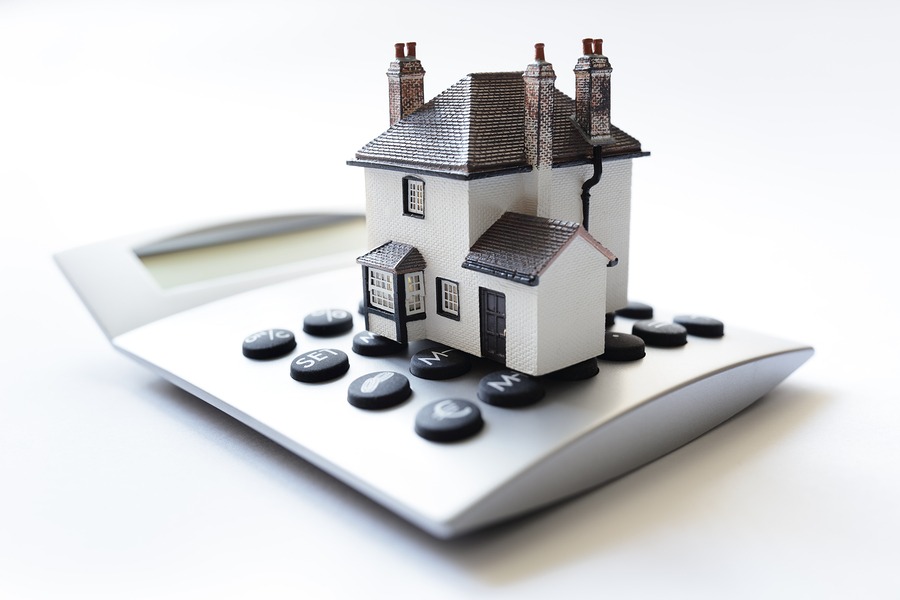This is a painful time in our country. For many of us, isolation is taking a mental and emotional toll. And to top it off, millions of people are out of work, unlike anything we’ve seen since the Great Depression. Understandably, mortgage rates have dropped to a record low. And while no one can say for sure when life will return to “normal,” lower interest rates are one small silver lining in the midst of this pandemic. Whether you’re a first-time buyer, or considering an investment property, this article reviews how to get a mortgage during COVID-19.
Circumstances Lenders are Facing
One of the critical aspects in regards to how to get a mortgage is to understand what lenders are reviewing at this point. Mortgage lenders are understandably keen to raise standards for their own financial protection. For example, this may include minimum credit scores, income verification processes, and down payment requirements. This is occurring because lenders anticipate that with millions of people losing their jobs, borrowers are likely to miss mortgage payments. In response, lenders have implemented high credit scores, as well as stringent down payment requirements. Some have even paused on issuing loans altogether. The bottom line is that lenders are currently less willing to take risks. They’re bracing for a wave of defaults, delinquencies, and forbearance requests.
Available Mortgage Credit
Some models have even shown that the availability of mortgage credit has decreased by as much as 25% since the pandemic reached the U.S. So, even though you may have a strong credit record, and a steady income, there’s likely to be more scrutiny when applying for a mortgage. For example, many self-employed workers and independent contractors that don’t have scheduled paychecks will notice an increase in rigidity related to income requirements. This may include more substantial down payments than were previously required.
Boost Your Credit Score
With all that’s happening in the world, it’s imperative to have a good credit score if you intend to apply for a mortgage during the pandemic. Because low credit scores are a barrier when you hope to get a mortgage, it’s advisable to pay down debts. This is one way to quickly boost your credit score. Similarly, mortgage experts recommend paying off credit card balances and avoiding other loans. This is important because lenders evaluate changes in a borrower’s risk between the time of application and closing.
Evaluating What You Can Afford
Of course, it’s also important to review how much you can comfortably afford when you’re interested in how to get a mortgage. Monthly payments on a new mortgage typically shouldn’t exceed 28% of your gross monthly income. Additionally, your total debt, including other debts like credit cards, should not exceed 36% of your monthly income.
Guidance in How to Get a Mortgage
The process of applying for a mortgage can seem complicated because you’ll need to carefully organize information related to your assets. Karen Douglas can help with home loans, refinancing, reverse mortgages, and foreclosures. Browse her website for more information, or contact her at (925) 648-0981, or by email at Karen@stonecastlemtg.com.


